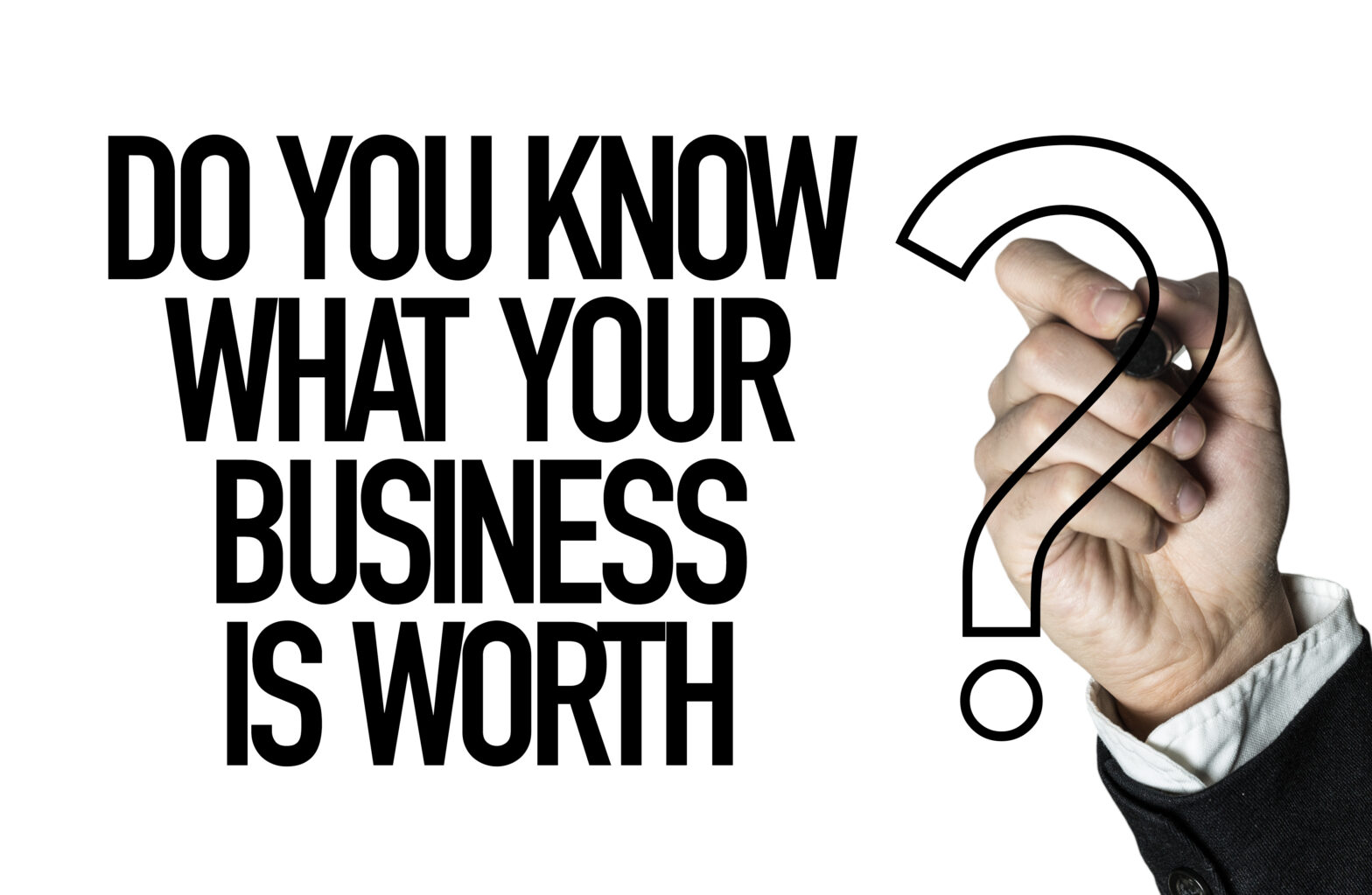When looking to sell your company, any serious buyer will undertake scrutinous due diligence, analysing every aspect of your business to ensure it is worth the price you think it is.
This involves reviews of litigation, legal compliance, property, finance, workforce, pensions, technology and commercial contracts.
Your contracts will deal with both customers of and suppliers to the business. We’ve set out some key facts to consider for each scenario.
Contracts where you are the customer
- No minimum volumes
A buyer will often be wary of contracts where there are strict purchase obligations, failure to meet which could result in an actionable breach of contract.
- No exclusivity
Being tied to one supplier is sometimes a commercial reality but this can look unattractive to buyers unless there is a quid pro quo in terms of guaranteed levels of supply.
- Pricing
Ensure you are getting the best price from your suppliers. For example most-favoured customer clause, benchmarking, etc.
- Payment terms
The buyer will look for long payment terms (e.g. 60 days), the ability to withhold disputed payments and low interest rates in the event of late payment.
- Remedies
In the event the supplier has not fulfilled its obligations do you have adequate remedies in place? For example, rectification of mistakes at no costs, service credits, etc.
- IP
Have you acquired any IP during the performance of the contract? This may be important to the buyer, depending on the nature of your company’s business. Who owns that IP?
- Records and ‘open book’
Is the supplier required to keep detailed records of time and resources expended, to ensure transparency?
- Approvals on subcontractors
Ideally your consent should be required before a third party can be appointed to carry out the supplier’s contractual obligations.
- Termination
It is useful if you can terminate a contract for convenience so you’re not tied into a long-term contract, which you’d like to exit but which the supplier hasn’t breached.
- Standards of services
Are service levels clearly set out and do they offer maximum protection of your interests?
- Liability
The buyer will review the liability clauses to see if the supplier’s liability is limited in the event of its breach or negligence. Are some sorts of losses always excluded (for example, loss of profits, loss of sales)?
- Law and jurisdiction
The buyer will want to see that claims under the contract can only be brought in England under English law, and not have to be fought in some overseas jurisdiction which could be a very expensive process.
Contracts where you are the supplier
- Change of control / non-assignment
The buyer will want to know that none of your customers are able to terminate the contract on a change of control of your business and any income generating contracts will still be enforceable post-completion.
- Standards of services
Ensure that the obligations to provide services are not too onerous, for example with reference to using ‘reasonable’ endeavours rather than ‘best’ endeavours. They will want to ensure any monetary remedies (such as liquidated damages or service credits) are not onerous in the event of a failure in service provision.
- Non-poaching
It may be relevant to prevent the customer from poaching your key staff both during the contract term and following termination of the contract.
- Title to goods
Where you are selling goods, you can legally retain ownership of the goods prior to them being sold onwards, under a ‘retention of title’ arrangement.
- Confidentiality
The buyer may look to see whether you have protected sensitive information relating to the business, during the performance of the contract and for a time period following completion.
- Termination
In the event the customer can terminate the contract for convenience, the buyer will want to be able recover an acceptable exit payment, which reflects the level of investment it has made, as a minimum
- Price increases
It is important for you to be able to increase your prices as part of a long term contract, to ensure they remain commercially viable.
- Intellectual Property (IP)
The buyer will want to see that IP created or arising is capable of your exploitation, whether you retain ownership or grant a licence as opposed to assigning it upon creation.
- Indemnities
The buyer will scrutinise the scope of the indemnities given by you to the customer and how they are capped.
- Liability
Your liability should also be capped to prevent the risk of unlimited liability. Although there are certain things for which your liability can never be excluded, there are certain things which you can exclude liability for.
- Time of the essence
If your time for provision of services is imperative, a breach of this allows the customer to terminate the contract. Ensure clauses such as this do not mean that a contract can be lost simply by a delay in delivery.
A great deal of value is locked up in a business’s contracts. Get them right and you maximise the chances of selling your company for what you think it might be worth. Get them wrong and you risk a buyer seeking a reduction in price. Or worse, they may walk away from the deal altogether.







